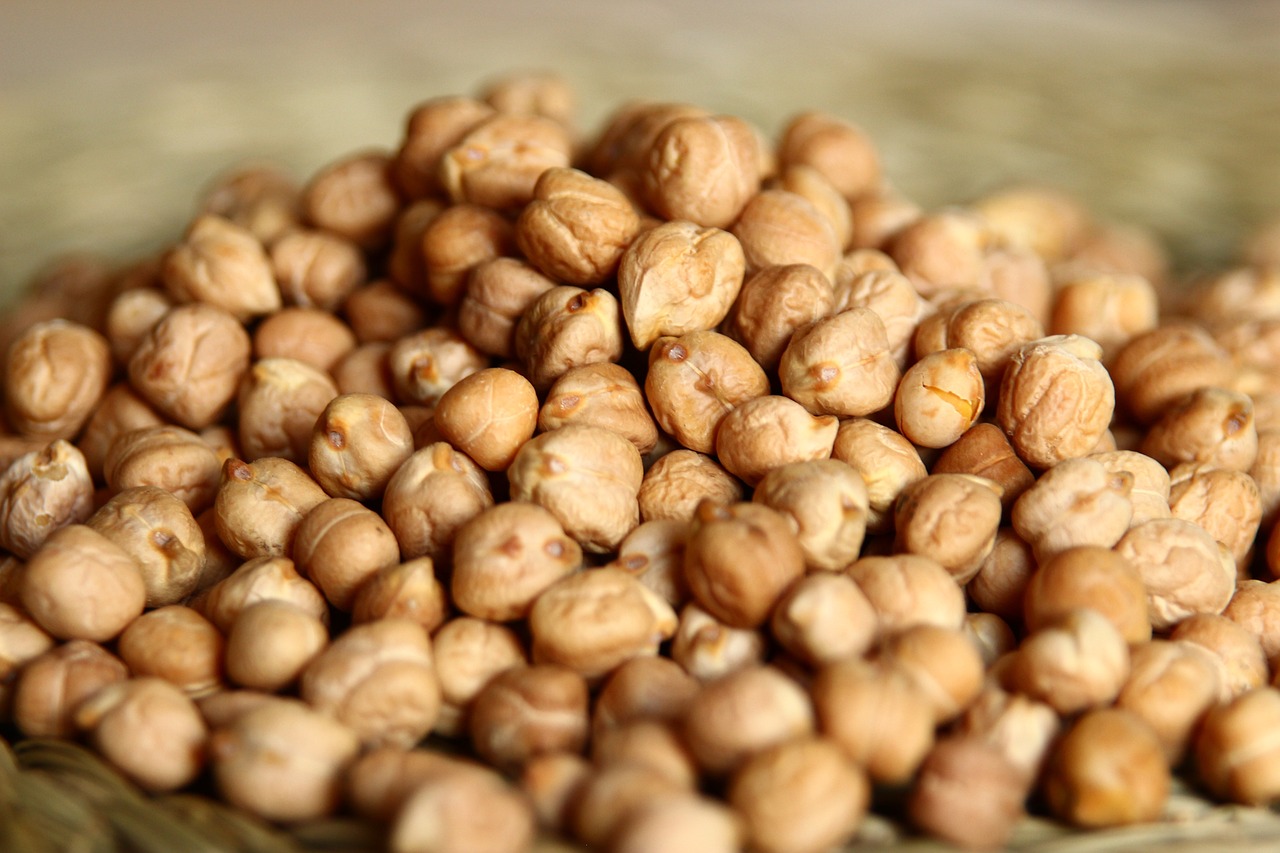News release
From:
Metabolism: Resistant starch may aid weight loss through the gut microbiota
Supplementing diets with resistant starch — a prebiotic carbohydrate — may have a beneficial effect on weight loss and insulin sensitivity, according to a trial involving 37 participants published in Nature Metabolism. The research indicates that the effects of resistant starch on weight loss may be partially mediated by changes in the gut microbiota.
Resistant starch is a prebiotic carbohydrate that is not digested in the small intestine and is therefore fermented by the bacteria of the gut microbiota in the large intestine, which results in the production of metabolites that are known to have beneficial effects.
Weiping Jia, Huating Li and colleagues conducted a randomized, placebo-controlled, crossover design trial, which involved 37 participants classified as overweight or obese. Over the 20-week study period, the participants received 40 grams of resistant starch per day for an 8-week period and 0 grams of resistant starch per day in a separate 8-week period. Throughout the trial period the participants were provided with an isoenergetic and balanced background diet (three meals per day), according to the guidelines for prevention and management of adults with overweight and obesity. The authors found that during the resistant starch supplementation period participants achieved a mean weight loss of 2.8 kilograms and had improved insulin resistance. These effects were not observed after the consumption of placebo starch.
These effects were associated with changes in gut microbiota composition. The authors also observed that resistant starch supplementation increased the abundance of the microbial species Bifidobacterium adolescentis. They conducted additional experiments in male mice using supplementation with B. adolescentis and report that weight gain caused by a high-fat diet was reduced and intestinal barrier function was improved compared to control mice. In addition, lipid absorption from the diet was reduced.
The authors suggest that their findings show that dietary supplementation with resistant starch facilitates weight loss in individuals with excess weight and could aid the development of prebiotic-based weight loss interventions. They note that further research is needed to confirm their results.



 International
International


